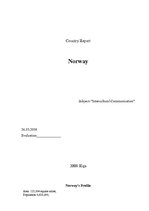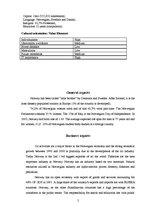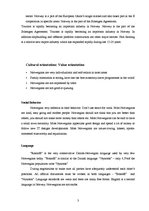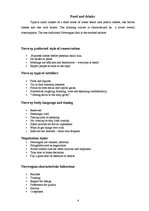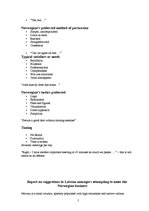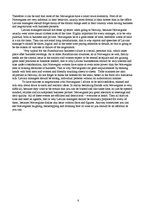-
Norway. Business Manners and Etiquette
Business aspects
Oil activities are a major factor in the Norwegian economy and the strong economic growth between 1980 and 2000 is primarily due to the development of the oil industry. Today Norway is the 2nd / 3rd biggest exporter of oil the world. Fisheries are the next important industry in Norway. Norway has an industry based on raw materials. Natural resources utilized in Norwegian industry are hydro-electric power, forestry, fisheries and petroleum.
Norway has an open economy with export of goods and services accounting for 46% OF GDP in 2001. A large share of the country’s exports and imports are with EU/EEA countries. Norway, as the other Scandinavian countries has a high percentage of the workforce in the public sector. The responsibility for health and education lies with public sector.…
Norway has been called “little brother” by Denmark and Sweden. After Iceland, it is the least densely populated country in Europe (1% of the country is developed); 74,2% of Norwegian women work and of that 42,7% work part-time. The Norwegian Parliament contains 35 % women. The 17th of May is the Norwegian Day of Independence. In 2003, Norway had birth rate of 1.80. The average expected life span for men is 77 years old and for women, 81,9. 10% of Norwegian student body studies in a foreign country. Oil activities are a major factor in the Norwegian economy and the strong economic growth between 1980 and 2000 is primarily due to the development of the oil industry. Today Norway is the 2nd / 3rd biggest exporter of oil the world. Fisheries are the next important industry in Norway. Norway has an industry based on raw materials. Natural resources utilized in Norwegian industry are hydro-electric power, forestry, fisheries and petroleum.

